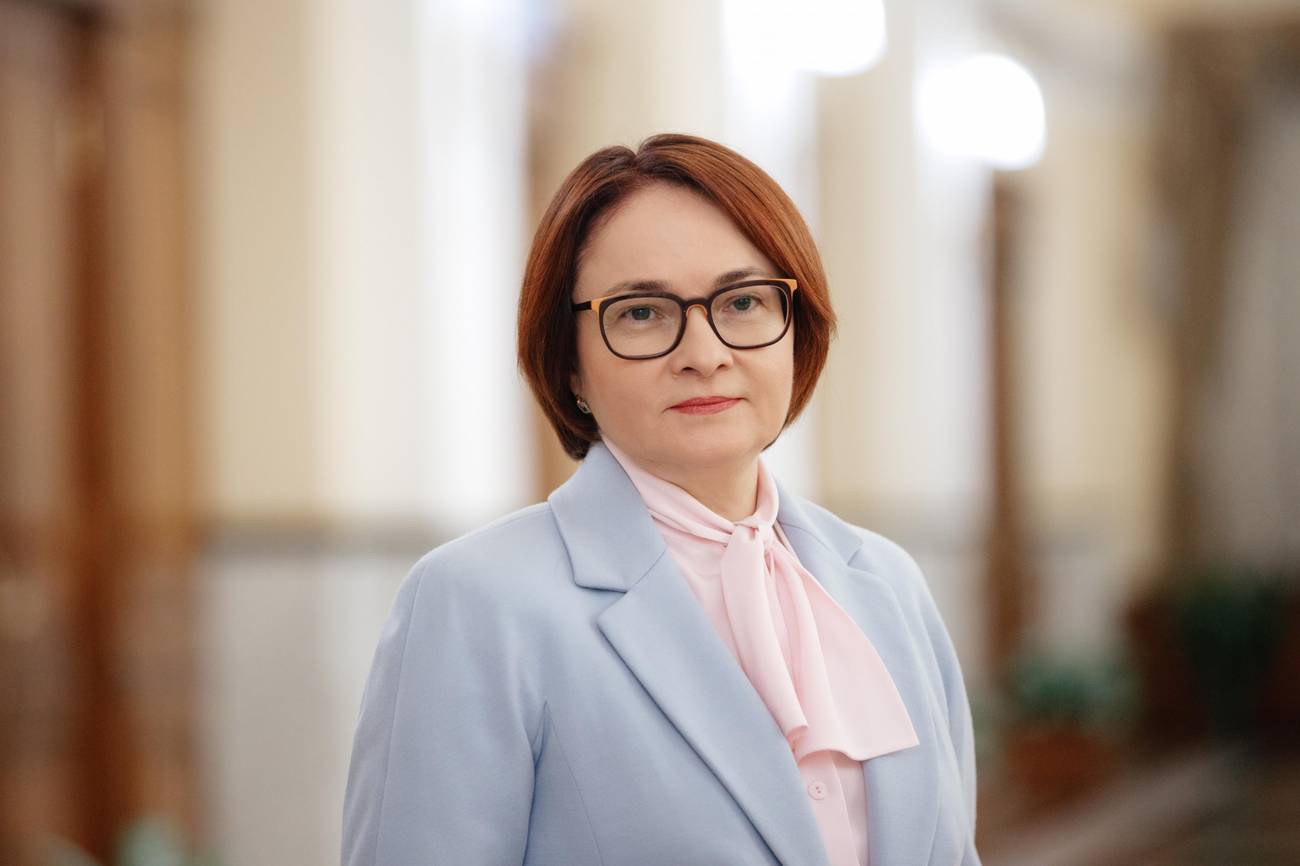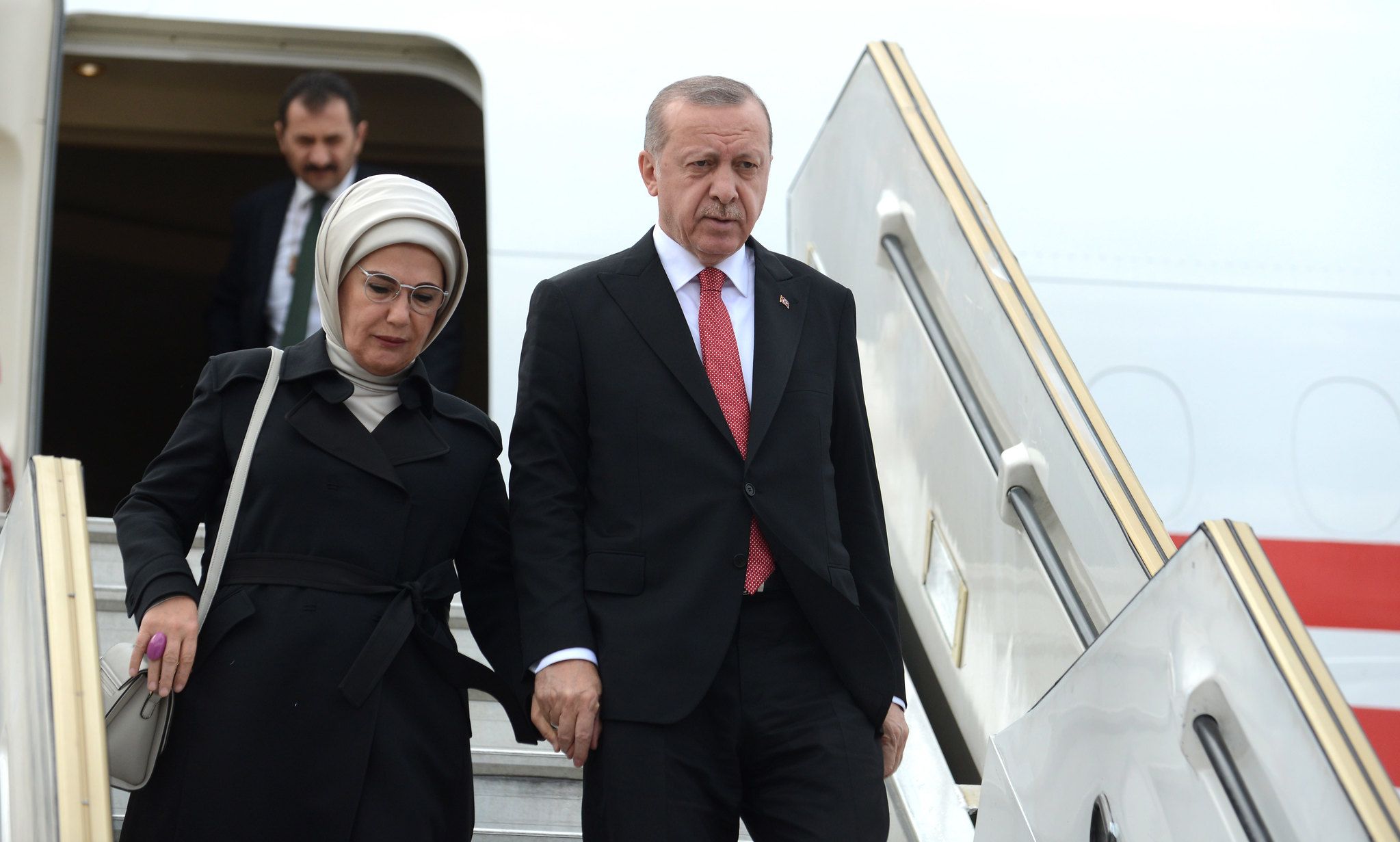
Russian retail investors flock to stock market for easy gains, creating a bubble
Maybe it is just COVID. Sitting at home during lockdown stimulates the search for excitements that one can enjoy without having to go outside. Trading stocks and currencies online is an emotionally appealing pastime: you try to make some money and simultaneously tickle your nerves with the gambling thrills ever present in stock exchange trading. Or perhaps it is more fundamental. Deposit rates in major Russian banks plummeted to a meagre 1 – 1,5% in US dollars in the past two years, so keeping money there for an ordinary Russian is equal to storing it in a box under the bed. 1% per annum is the same as no income at all.
According to statistics published by the Central Bank of Russia, during the three lockdown months of 2020 over 1 million new brokerage accounts were opened in Russia by private investors. At the time of publication, about 7,5 million brokerage accounts have so far been opened at the Moscow Stock Exchange (MOEX), and the number is growing daily.
This is a lot. Russia’s population is over 140 million, however, according to one study, over 60% of its residents do not have any savings at all, and the rest will mostly spend them entirely if left unemployed for over 6 months. So those people should be counted out of the potential investor base entirely. Of those left, about 2 million already had brokerage accounts by the end of 2018, and this number grew to about 2,5 million by the end of 2019. This means that 2020 brought an unprecedented, explosive growth in the number of people willing to risk their savings on the securities market.
Bonanza for investment firms
Russian investment firms and banks offering brokerage services are enjoying this unexpected rally and reap healthy profits. New retail offices are being opened and new agents hired, many of them lacking basic understanding of the securities market but eager to use their marketing skills to make money on commissions.
New products are being pushed to the market for every customer niche. Financial structuring creativity, coupled with aggressive marketing, stimulates the interest of investing folk in products they have never heard of before, such as structured notes and derivative instruments.
A brief search on the Russian language search engine, Yandex, for any investment related term will show you how much paid advertising has been purchased by retail investment giants such as BrokerCreditService or Tinkoff Bank to sell their products. It often fills up half a page, pushing the relevant ones further down: Yandex wants to make money on the goldrush too.
Self-fulfilled prophecy
The Moscow Exchange index has been climbing steadily from the low of 2112 on 18 March 2020 to 3100 at the time of writing this article. A good deal of the trading which pushes the index higher and higher is fresh private investors trying to jump on the newly discovered bandwagon of pastime stock trading.
In effect, it is like a self-fulfilled prophecy. The more they invest, the higher the indicators. The steeper the upward curve of the index, the more appealing stock trading becomes to the uninitiated.
It must stop somewhere, right? Neither the professional investment firms, nor the investing audience want the trend to reverse, but there are natural limits to such upward movement in the crisis-stricken Russia which is still absorbing the shocks of the pandemic coupled with international sanctions, more of which are expected under the incoming Biden administration.
The regulator is concerned
The Central Bank of Russia, which regulates both banking and securities investment business, is rightly concerned. The regulator’s chairperson, Mrs. Elvira Nabiullina, spares no kind words for the greed of her regulated ecosystem towards novice investors.
In her speech before the State Duma (Parliament) on 25 November 2020, she remarked that “the falling of deposit rates pushes many people to try their luck on the stock market in order to preserve and grow their savings. (…) We understand that should people lose interest in the instruments of the stock market, it shall be of no importance how user-friendly their broker’s or bank’s mobile app was or how big a margin existed between the bank’s deposit rate and the investment return. This risk shall in no way be underestimated.”
She has just introduced several urgent measures to enhance the protection of unprofessional investors, such as better testing for their investing skills, more self-regulation of investment firms and the obligation to publish a key information document for complex products.
Nabiullina has earned her reputation as a conservative regulator, and her measures should have some effect on the overall situation. But they will in no way fully counterbalance the unhinged investing enthusiasm of the crowds multiplied by the aggressive marketing of the professional actors on the market.
This bubble is doomed to burst one day. And when it does, the Russian investing market will experience at least a temporary disillusionment of the mass investor. How rough will the effect be, we will probably learn in the next year or two.

